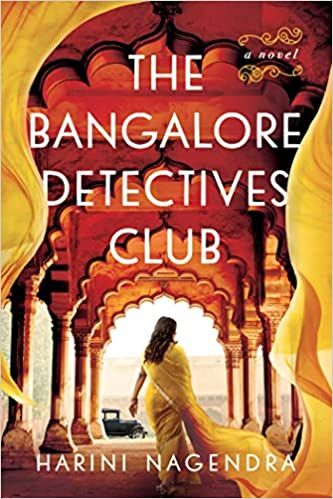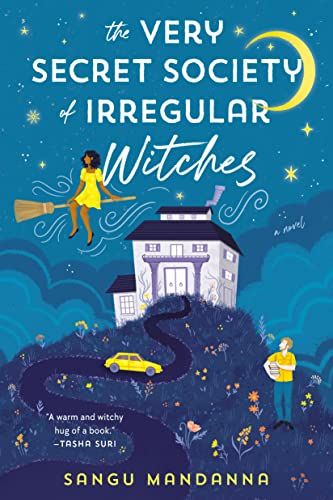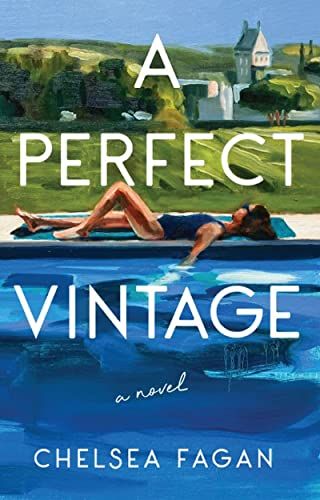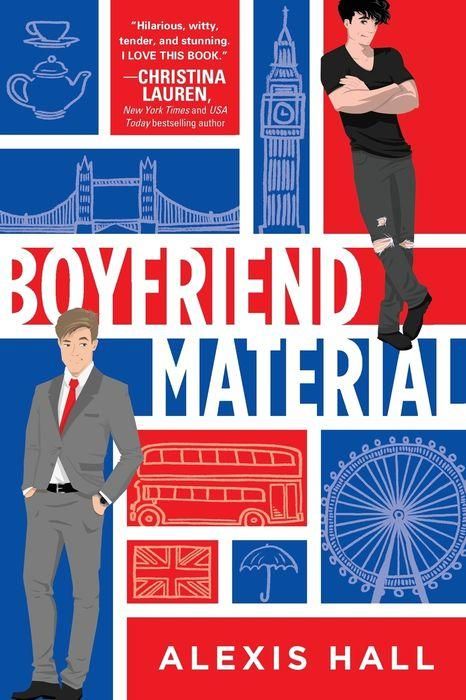
Cozy is Key: Why Escapist Reads are More Popular Than Ever
Escapism is a concept possibly as old as the invention of stories. Myths and fables about talking animals told us how to act more politely in a world full of indignities, and heroes often succeeded in overcoming monsters in fairy tales. When we think about escapism, we all have different definitions. However, in times of shared public anxiety, it’s easy to notice a rise in escapist literature. Given the stress of the past few years, are escapist reads more popular now?
In the first decade of the 2000s, the bestsellers reported from Publishers Weekly mirror some of the trends we’re seeing now, with more mysteries creeping into the bestseller fiction list in 2008: the year of the last recession caused by the housing market collapse. Fearless Fourteen by Janet Evanovich, Tailspin by Catherine Coulter, and The Beach House by Jane Green resonate with some current book trends — though the books people label as escapist are more inclusive to authors of color than they used to be.
In 2023, there are never-ending sources of bad news. Endless scroll on social media and news websites allows us to continue reading about the horrors and indignities of contemporary life until our eyes bleed. The ongoing pandemic, the continuously rising cost of living, and anti-LGBTQIA+ legislation in the United States makes it an especially difficult time to find the light in the darkness. It’s only rational that readers would look to fiction to present problems that are contained and solvable, as opposed to systemic and overwhelming.
The Coziness of Genre Fiction
Two major genres with the trendy “cozy” moniker are fantasy and mystery. You might be more familiar with the concept of cozy mysteries: a detective solves a case — which isn’t too gruesome or dark — and it has little to no effect on the rest of the books in the series. Agatha Christie is still one of the biggest bestsellers of all time.
The appeal of cozy mysteries is clear. When something bad happens, the solution comes in a discrete amount of time. There’s a level of certainty that readers find comforting. However, cozy mysteries do not avoid conflict or societal issues. The Bangalore Detectives Club by Harini Nagendra follows Kaveri, a lady detective in Bangalore in the 1920s, as she shirks social conventions and solves a murder. Arsenic and Adobo by Mia P. Manansala has a similar a feeling of coziness, enhanced by the food described throughout.
Cozy fantasy is a newer term, but the principles are largely the same. Cozy fantasy reads should have an immersive world, great characters, and stakes cannot be too high (according to Isabelle Popp’s definition). Instead of the world-ending stakes of many high fantasy novels, a cozy fantasy imbues a lower-stakes with fantasy elements, sort of like a fairy tale. For example, The Very Secret Society of Irregular Witches is about Mika Moon training three small witches to use their magic. Although magic is still dangerous in the world of the novel, the plot itself is relatively contained and has more of a screwball comedy energy.
Romance: The White Whale of Escapism
The genre that continues to dominate the publishing industry is romance. Romance is an endlessly moldable format, with tons of sub-genres that are also popular under the umbrella (including fantasy and mystery romances).
Like cozy fantasy and mysteries, romance has a definite ending (a happily ever after) baked into the plot that makes it a comforting read.
However, in addition to a feeling of coziness, author Chelsea Fagan, author of the upcoming escapist romance A Perfect Vintage and CEO of The Financial Diet, sees escapist romance literature as a way of getting in touch with yourself:
“Personally what I really enjoy about escapist literature is that real feeling of being able to be present and enjoy the sensory feeling of the moment. You’re not constantly worried about the background noise.”
Although everyone has their own definition of “escapism,” the romance novels that get the escapist title tend to put the characters in an idyllic location and provide them with the pleasures of sex, food, travel, and more.
Like many popular contemporary romance novels, Chelsea Fagan’s characters “have the basics taken care of.” The lack of economic anxiety makes them more present in exciting sensory experiences. For the same reason, Fagan and many other romance authors have chosen to ignore the stresses of the COVID-19 pandemic: “Most people don’t want to consume media that deals with the pandemic. It’s too close to home and banal in a lot of ways.”
Romance novels provided an escape during the pandemic from our boring, indoor lives. Through the work of Alexis Hall, Alexandria Bellefleur, Alyssa Cole, Talia Hibbert, and more, we could experience closeness in a way we were denied during lockdown. A Perfect Vintage sumptuously shows off everything that was sorely missed during the isolation of the early pandemic: travel to France, delicious food, lust, and even disco.
Chelsea Fagan started work on her novel during the pandemic: “I was imagining all the things I couldn’t have at that time and couldn’t do.” Even though travel and dancing and eating in restaurants is now allowed, it’s impossible to forget the past few years when so much of the movement and socializing we took for granted wasn’t possible. However, escapist romance leans into the joy and pleasure and tends to ignore the pandemic, which made real-life dating and romance complicated.
Even outside of contemporary romance, 2021 was when Bridgerton became the most-watched show on Netflix. The Heartstopper adaptation took over our hearts. The romantic comedy/drama film well is running a bit dry, so romance novels are taking up the mantle of fizzy, fun entertainment. There is also more freedom for queer characters and characters of color to exist in recent escapist romance novels. I do believe that the phenomenon of popular romance adaptations would have arisen without the pandemic, and romance novels would have continued their market domination, but there is something about the pandemic and the stress of the last decade that sent readers running to the escapism of romance.
Many of us needed that escape. Even books like The Love Hypothesis and subsequent work by Ali Hazelwood seemed to scratch an escapist itch: at least some people missed going to an office. Readers looked for escapism, and books were there to provide. We continue to see the effects of this, because writers who threw themselves into escapist writing during the pandemic are still in the process of putting out their lockdown-era writing.
Escaping Into Ourselves
What we consider “escapist” literature is driven by the individual. What allows us to escape says something about our values and what worries we want to leave behind while we spend time within the pages of an escapist novel that has a great story and a preordained outcome. “It feels like there’s only every bad news,” says Chelsea Fagan. “There’s a real desire to remember the things that make life worth living.”
To dive into even more escapist genre fiction, try some science fiction and fantasy books, underrated romance, and fantasy romance. If you want to tackle novels that engage with the reality around us more explicitly, there are books that address hopelessness, romance novels for self-proclaimed romance novel haters, and dark romance (although that might be your flavor of escapism). There’s something for everyone.

















